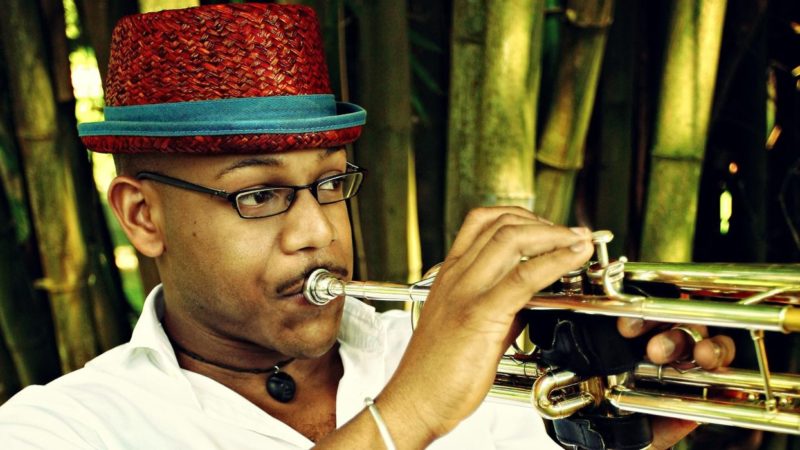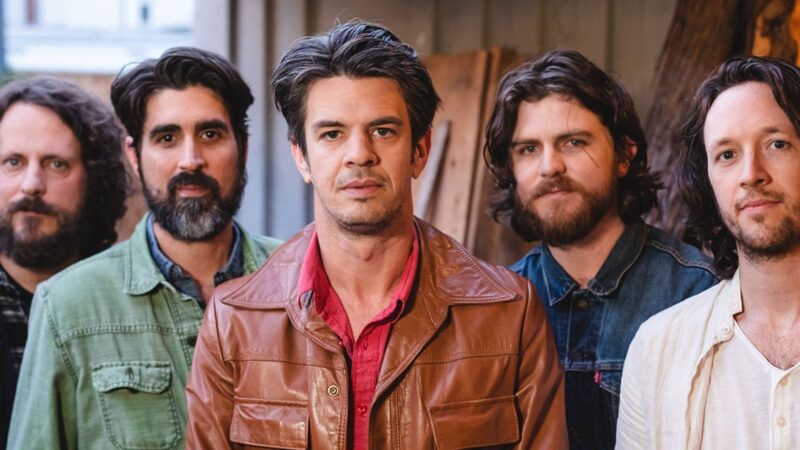Luke Brindley
“The rambling acoustic environment of New Morning—era Dylan and the smokiness of early Townes Van Zandt…his own compelling musical voice.” – Acoustic Guitar
In his own words…
I’ve been obsessed with writing songs and the guitar for as long as I can remember. I married young, am an adoptive parent, and the son of a preacher man. I toured a lot for years and put out a few records as Luke Brindley, Brindley Brothers, and Native Run. I spent a lot of time in Nashville writing with some of the top writers in the business. I never quite fit into (or cared about) “the business”. I grew up in New Jersey but live outside of Washington, DC. Along with my brothers, I run Jammin Java in Vienna, VA – one of the Top 100 Clubs In The World and Union Stage in Washington, DC
The songs have a definite focus on the lyrics and hopefully offer a kind of deeper perspective. I tend to gravitate toward the larger worldview questions such as, Why are we here? What are we supposed to be doing? What does it mean to know another person? To love someone?




